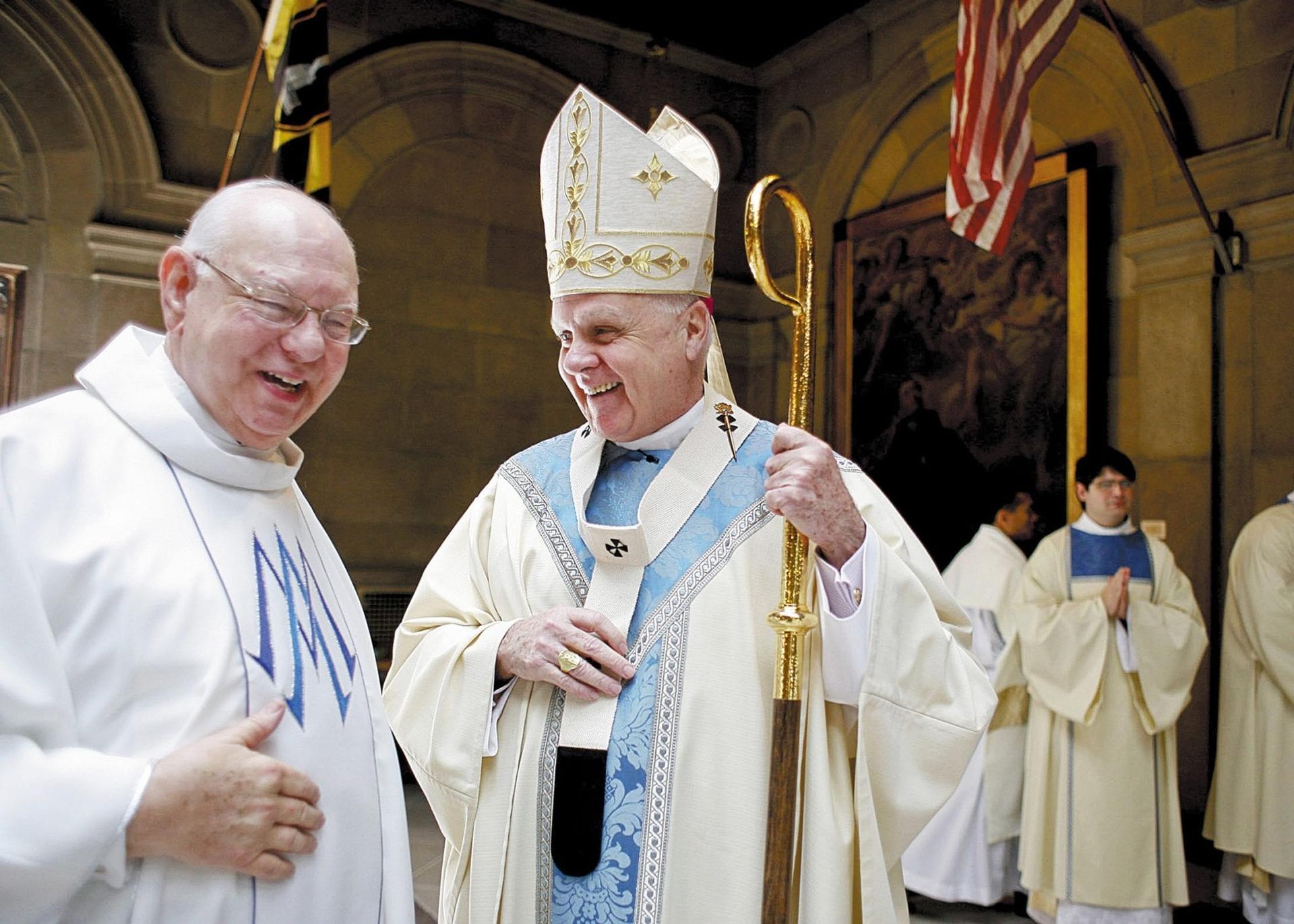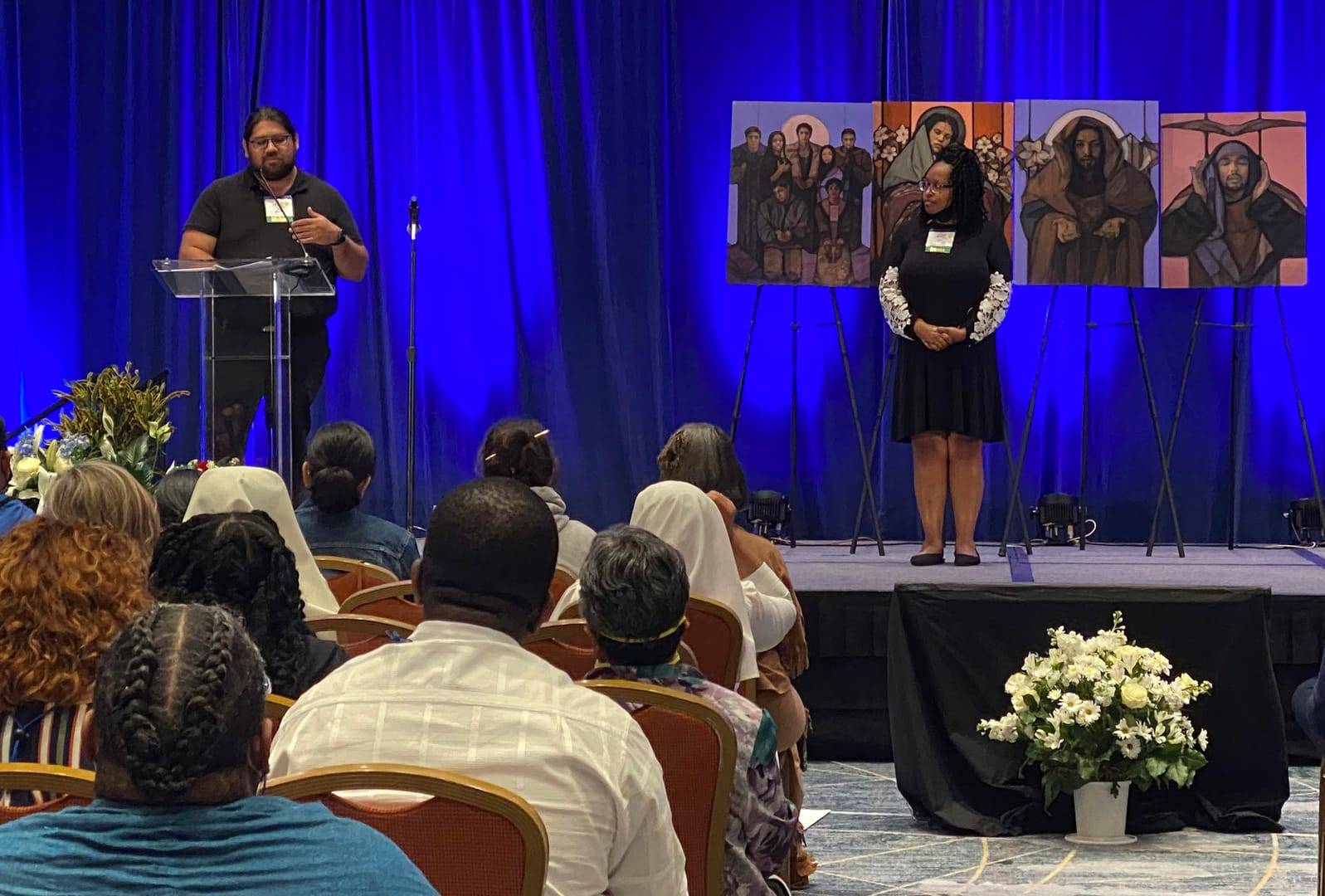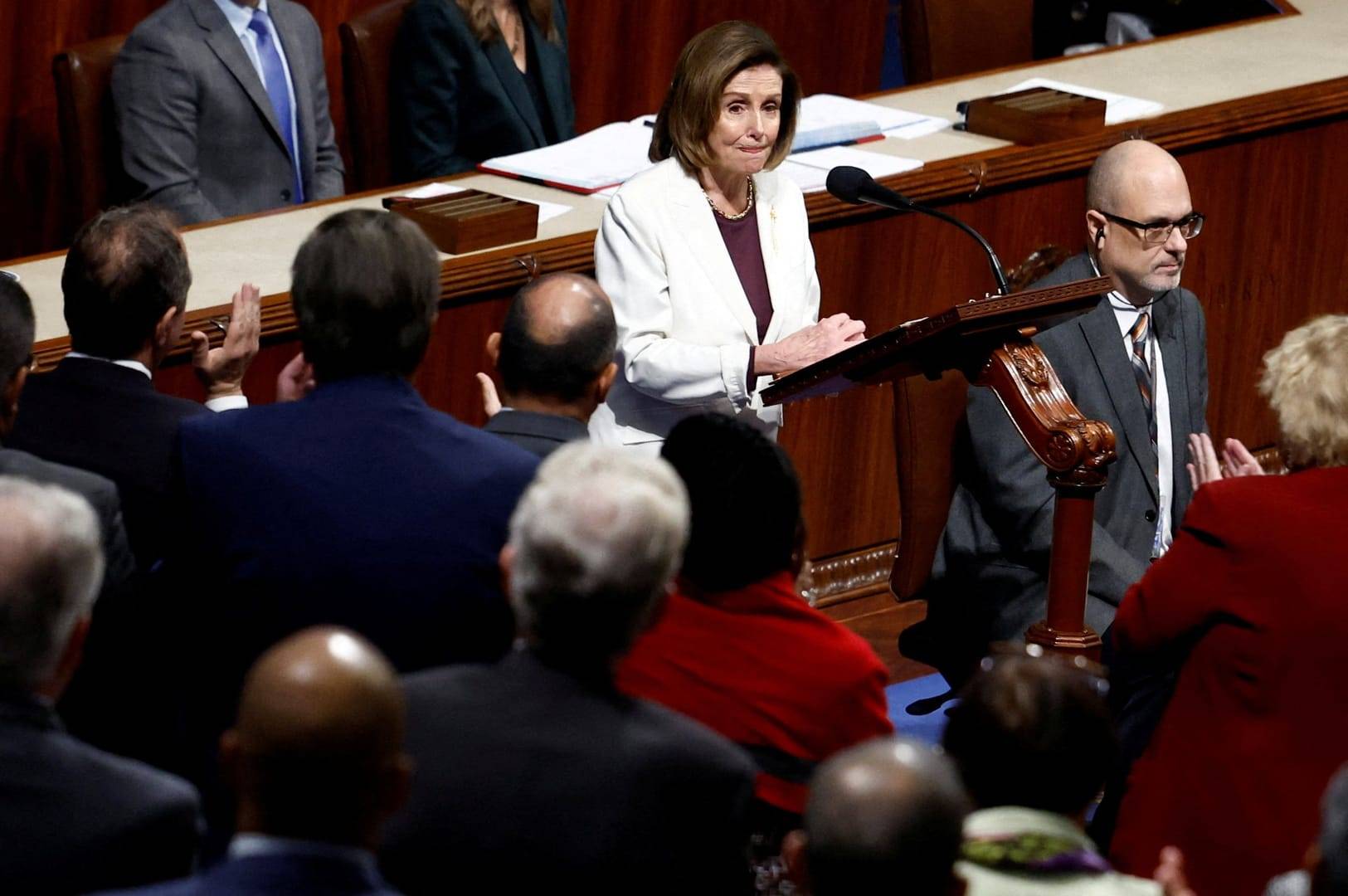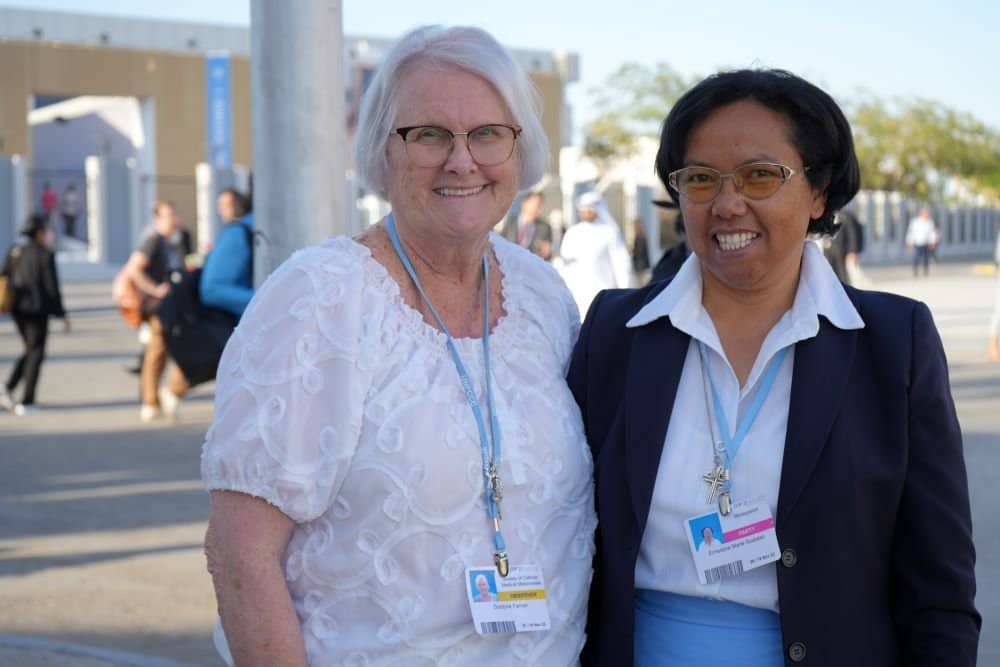NASHVILLE, Tenn. -– Throughout his life, Monsignor Owen Campion always has had a fascination with words.
That fascination led him into the Catholic media as a reporter, writer and editor, a mentor to Catholic journalists, and as a liaison between the Vatican and Catholic media around the world.
“It’s been the ministry of my priesthood,” said Campion, a native of Nashville and a priest of the Diocese of Nashville for 50 years.
That ministry wound to a close June 30, when his retirement as associate publisher of Our Sunday Visitor, based in Huntington, Indiana, and as editor of The Priest magazine, where he has worked since 1988, became official.
He called his work at Our Sunday Visitor, and the view of the Catholic Church in America it has provided him, “very fascinating.”
Campion’s path to journalism began as a youth. The Dominican Sisters of St. Cecilia who were his elementary school teachers “taught me how to use the English language. … That’s where I learned to love words,” he told the Tennessee Register, Nashville’s diocesan newspaper.
His interest continued at Father Ryan High School in Nashville where he was editor of the school newspaper and yearbook, and in college as a seminarian.
He was ordained on May 21, 1966, and as a young priest serving in east Tennessee first began working for the Tennessee Register.
At the time, the Nashville Diocese covered the entire state, and the Register had a representative in each division — east, middle and west Tennessee — to collect news and write stories. (The Memphis and Knoxville dioceses were created in 1971 and 1988, respectively.)
The Catholic Church and American society were undergoing huge changes. The Register’s editor, Joe Sweat, asked Campion to write stories and analyses about the changes happening in the church in the wake of the Second Vatican Council.
Nashville’s bishop at the time, Bishop Joseph A. Durick, wanted his diocesan newspaper to approach the news in the fashion of a secular newspaper.
Campion said. “Bishop Durick saw the mission (of the paper) … not as his mouthpiece but he saw it as a mirror of life in the diocese and life in the modern church,” he said. “He wanted to give (readers) an idea … of what was going on that was important.”
That included not only developments in the church, but also the civil rights movement. Bishop Durick was among the most prominent Catholic leaders in the civil rights movement nationally, and his vocal support for the movement was often met with opposition from his own flock.
Sometimes the paper’s “whole op-ed page would be letters,” Campion recalled. “Some of the letters would be quite critical of him.”
Durick believed Catholics had a right to express themselves in the diocesan newspaper, even if they were critical of him, the priest said.
“That was the general philosophy of the Catholic press nationally at that time.”
During the Vietnam War, he said, Durick “wanted editorials to be very strong and to the point and illuminating and advocating for these positions the American church was taking,” Campion said. “He was never out of step with the other bishops or the Holy See.”
Another of Durick’s interests was ecumenism, and Campion, who succeeded Sweat as the Register’s editor in 1971, covered that issue as well.
As a young editor, he found support from friends in the secular press as well as the Catholic press. He became active in the Catholic Press Association, which he served in several roles, including as president from 1984 to 1986. In 1988, he left the Register and Nashville for Our Sunday Visitor.
In 1989 Pope John Paul II appointed him as ecclesiastical adviser to the International Catholic Union of the Press, or UCIP, which at at that time was the official, worldwide organization of Catholic publishers and journalists.
One of his first missions was helping the Catholic Church in Eastern Europe establish newspapers after the fall of communism.
“Communism had dealt a terrific blow to the church,” Campion said. Bishops in Eastern Europe wanted to revive Catholic communications but “they didn’t know whom to turn to, what to do. So much time had elapsed … since the church had been able to speak in public.”
Working with the CPA and the U.S. Conference of Catholic Bishops, Campion organized teams of U.S. editors to travel abroad to lead workshops on how to operate a diocesan newspaper.
“Somebody would talk about writing feature stories. Somebody else would talk about boosting circulation. Somebody else would talk about advertising,” said Campion, who noted that during one year he was in Poland five times.
He traveled to Latin America and later Hong Kong on behalf of UCIP. From Hong Kong, he branched out to other places in Asia.
His term with UCIP ended in 1998 after nine years. In 2000, Pope John Paul designated him as a member of the Synod of Bishops for the Americas and he addressed the synod on communication issues.
During the synod, he was invited twice to be part of a group of people dining with the pope.
“It was very thrilling of course, but also revealing because you could see him in another context,” Campion said. “I never knew he was so witty, for one. And I never knew how utterly aware of the world’s geography he was.”
The pope would always break the ice at the dinners by going around the table asking each person who they were and where they were from, Campion said. The pope would ask detailed questions about each person demonstrating a deep familiarity with their home countries, he said.
When told Campion was from Tennessee, the pope asked “Nashville or Memphis?”
“I said ‘Nashville.’ He mimed playing the guitar and said, ‘You play the guitar then.’ I said, ‘No Holy Father, I only listen.’”
“By the time dessert was served everybody was laughing and talking and he was in the middle of us,” Campion said. “You kind of felt like you were with your uncle.”
From 2006 to 2012, Campion served on the Pontifical Council for Social Communications, whose 50 members from around the world consulted with the Vatican about mass communications.
Catholic media is facing challenges related to the declining influence of the Catholic Church — and religion in general — in Western societies, and the fracturing of media as social media platforms continue to multiply, making it harder to reach a broad swath of the people, Msgr. Campion said.
Campion’s own vocation was inspired by the priests who were his teachers at Father Ryan. His heroes in his teenage years “were not athletes and movie stars,” he said, but those priests, who “always “were there for me.”
















